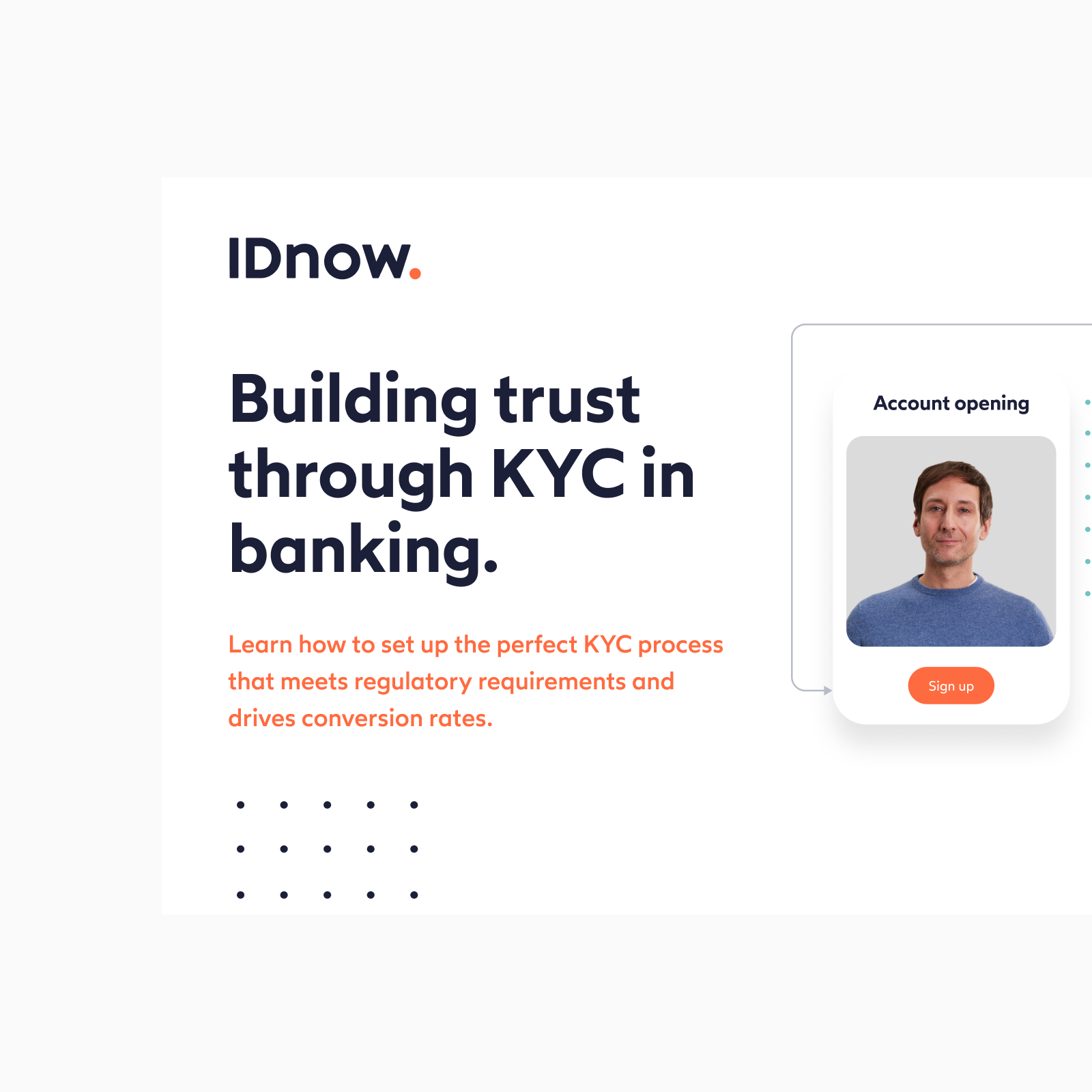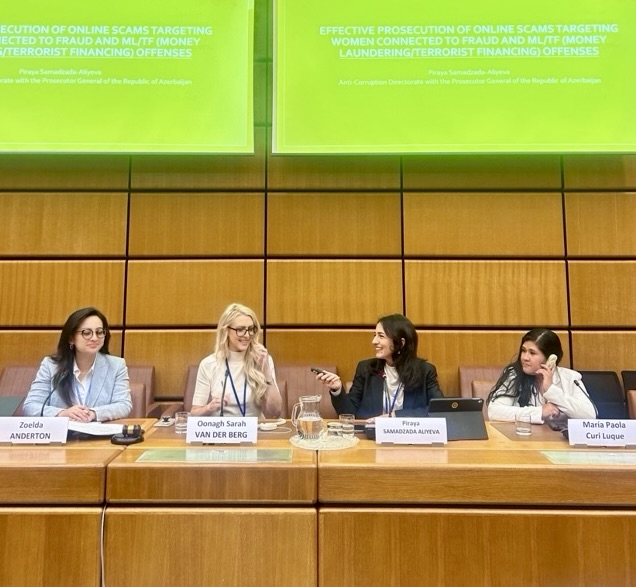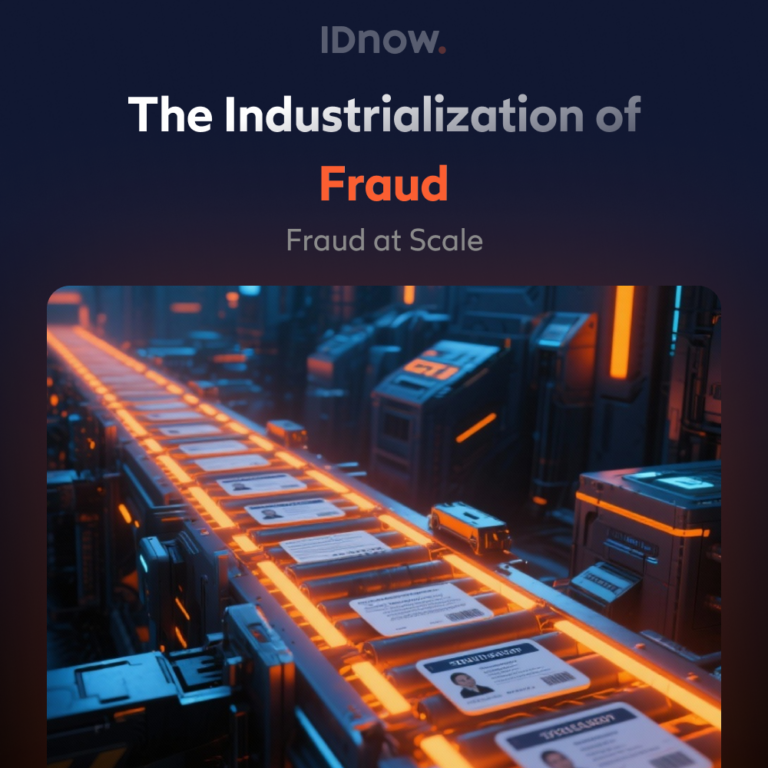We sit down with the founder of a ‘compliance community platform’ to explore how breaking down financial barriers and providing accessible training and mentorship can drive real global change.
Among the many milestones throughout Oonagh Van Den Berg’s 20+ year career, there is one that remains closest to her heart for sheer impact on the compliance community.
For Oonagh, it’s not the multiple initiatives she’s spearheaded at top-tier financial institutions, nor the awards she’s won in the process, or her status as a Top AML Voice on LinkedIn. Oonagh is perhaps most proud of her work as an advocate for providing accessible and, most importantly, free compliance education.
In 2020, Oonagh founded RAW Compliance, a compliance community platform built on the belief that knowledge should be shared freely, without barriers.
“Compliance is not just about ticking boxes; it’s about making a tangible difference in the fight against financial crime, corruption and unethical behavior,” explains Oonagh.
“Yet, so many professionals, particularly in underfunded regions, lack access to quality training and mentorship. I wanted to change that. By removing the financial barrier, we empower individuals at all levels, enabling them to build stronger frameworks and drive innovation in compliance.”
The need for a more joined-up, connected approach to compliance and fraud prevention appears to be front of mind for many in the industry, both in the public and private sector, as evidenced by this year’s launch of the much-anticipated Anti-Money Laundering Authority (AMLA) – which aims to centralize anti-money laundering efforts throughout European Member States. Other initiatives like eIDAS 2.0 are further testament to the appetite for more connectivity among financial services and regulatory bodies.
A recurring theme throughout this Spotlight interview is of the positive “ripple effect” of breaking down barriers, and how knowledge-sharing can help create a truly inclusive community. It is through equipping all with the necessary tools and knowledge that Oonagh believes collectively strengthens the global fight against financial crime.
Part of RAW Compliance’s mission statement is that ‘accessible expertise helps to shape a more ethical future.’ Could you expand on this correlation?
Accessibility is the cornerstone of progress. Expertise shouldn’t be reserved for a privileged few or for organizations with deep pockets. When knowledge is accessible to everyone—whether it’s regulators, financial institutions, or smaller firms—it levels the playing field.
A more ethical future comes from informed decision-making, robust accountability and greater collaboration. By sharing expertise, we break silos, foster innovation and enable individuals and organizations to identify and mitigate risks more effectively. It’s not just about compliance with regulations; it’s about instilling a culture of integrity across industries, which ultimately benefits society, as a whole.
To what do you attribute organizations’ most common compliance and fraud failings? What is one ‘surprisingly simple’ piece of advice you give to every organization?
The most common failing is complacency. Many organizations view compliance as a reactive function rather than a strategic enabler. This often results in underinvestment in training, outdated systems and a lack of alignment between compliance and business goals.
My advice? Start with the basics: empower your people. A well-trained team is your first line of defense. Equip them with the knowledge to identify risks and the confidence to challenge practices that feel wrong. Technology is an important tool, but it’s people who drive culture and accountability.
Building trust through KYC in banking.
What is KYC?
 The importance of KYC in the banking sector
The importance of KYC in the banking sectorRegulatory impact on KYC processes

What role does technology like identity verification, KYC, and reusable identity technology play in financial risk mitigation?
Technology is a game-changer in financial risk mitigation. Identity verification and KYC processes have evolved to become faster, more accurate, and more secure, reducing the chances of human error and streamlining onboarding processes.
Reusable identity technologies, such as digital IDs, are particularly promising because they reduce friction for customers while enhancing security. They also allow for stronger collaboration across institutions by providing verified, standardized identity records.
The key is to leverage these technologies not just to comply with regulations but to actively identify and mitigate risks, improving efficiency while strengthening trust with clients.
Does increasing reliance on automation and artificial intelligence pose a risk to compliance and financial crime prevention? What safeguards are needed?
Automation and AI are double-edged swords. On one hand, they are invaluable for processing large volumes of data, identifying patterns, and detecting anomalies far faster than human capabilities. On the other hand, they can introduce risks if not implemented thoughtfully.
Bias in AI models, over-reliance on algorithms without human oversight, and the risk of cyberattacks targeting automated systems are real concerns.
Oonagh Van Den Berg, founder of compliance community platform
To mitigate these risks, organizations must:
• Maintain human-in-the-loop processes to validate AI-driven decisions.
• Regularly audit algorithms for fairness, transparency, and accuracy.
• Implement robust cybersecurity measures to protect automated systems.
Ultimately, automation and AI should augment human expertise, not replace it. The future of compliance will rely on striking the right balance between technology and human judgment.

How optimistic are you about the future of financial crime and fraud prevention?
I’m cautiously optimistic. Initiatives like eIDAS 2.0 and the establishment of Europe’s AMLA demonstrate a strong commitment to combating financial crime at a systemic level. These frameworks create opportunities for standardization, collaboration and more effective oversight.
However, the success of these initiatives depends on implementation and adaptability. Regulators, industries and technology providers must work together to strike the right balance between enforcement, innovation and practicality.
The key is not just in creating regulations but in fostering a culture where compliance is seen as an enabler of trust and integrity.
What are the top AML and compliance challenges facing financial services in 2025?
In 2025, we face several critical challenges:
• Evolving criminal tactics: Criminals are becoming increasingly sophisticated, exploiting emerging technologies like AI and cryptocurrencies.
• Regulatory complexity: The rapid introduction of global regulatory frameworks like Europe’s AML Authority creates challenges in harmonizing compliance efforts across jurisdictions.
• Data overload: Organizations are drowning in data but lack the tools to extract actionable insights for effective risk management.
• Talent shortages: Compliance teams often struggle to keep pace due to a lack of skilled professionals, particularly in niche areas like counter-terrorism financing and proliferation risks.
Addressing these challenges requires collaboration, innovation and a proactive mindset to keep pace with both regulations and criminal innovation.
If you’re interested in more insights from industry insiders and thought leaders from the world of fraud and fraud prevention, check out one of our interviews from our Spotlight Interview series below:
- Jinisha Bhatt, financial crime investigator
- Paul Stratton, ex-police officer and financial crime trainer
- Lloyd Emmerson, Director of Strategic Solutions at Cifas
- Or, discover all about the rise of social media fraud, and how one man almost lost a million euros to a pig butchering scam in our blog, ‘The rise of social media fraud: How one man almost lost it all.’
By

Jody Houton
Senior Content Manager at IDnow
Connect with Jody on LinkedIn



